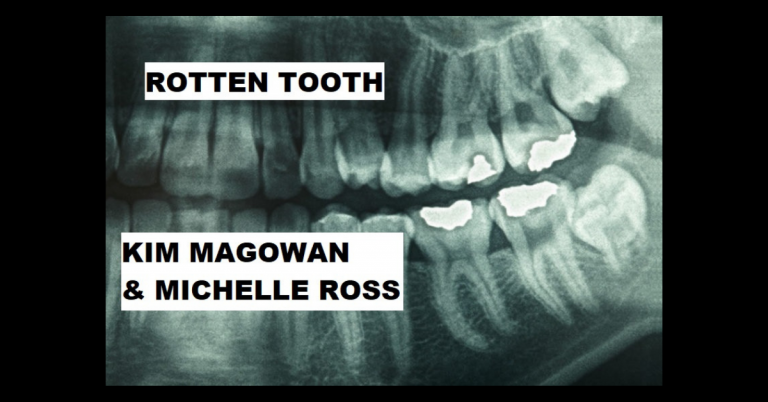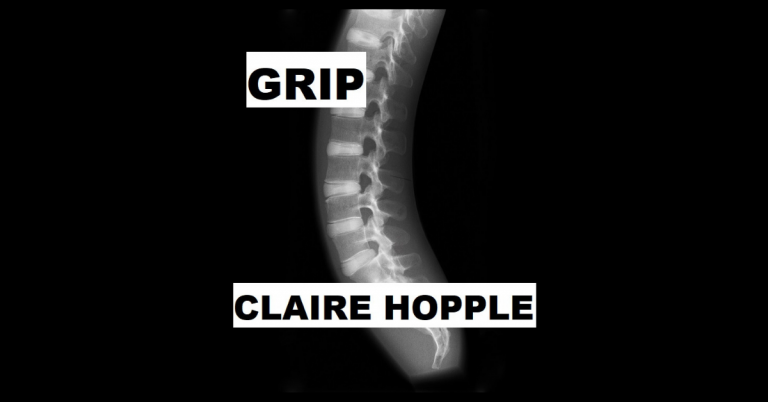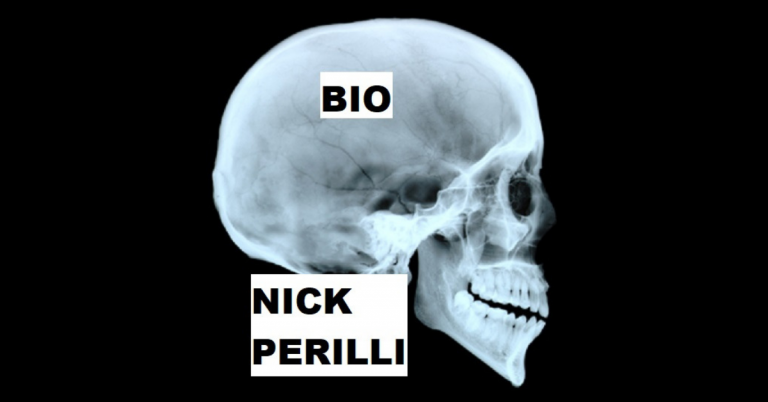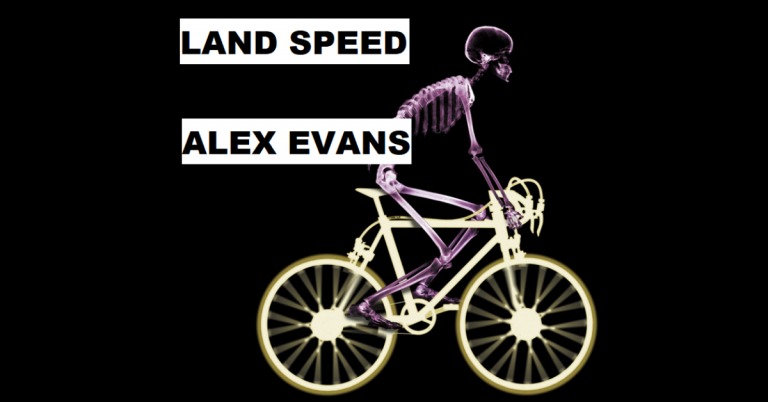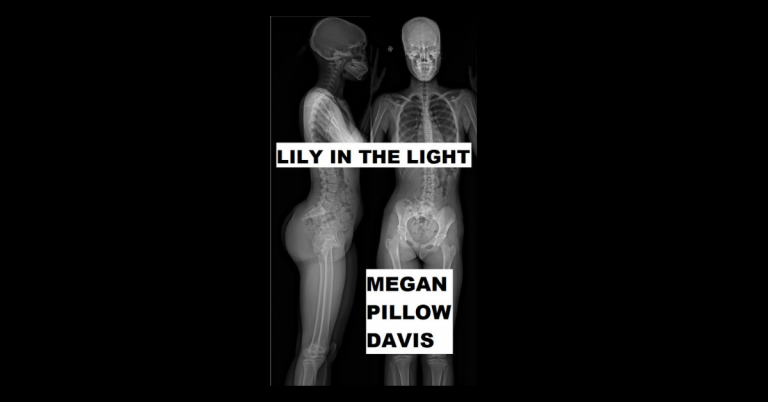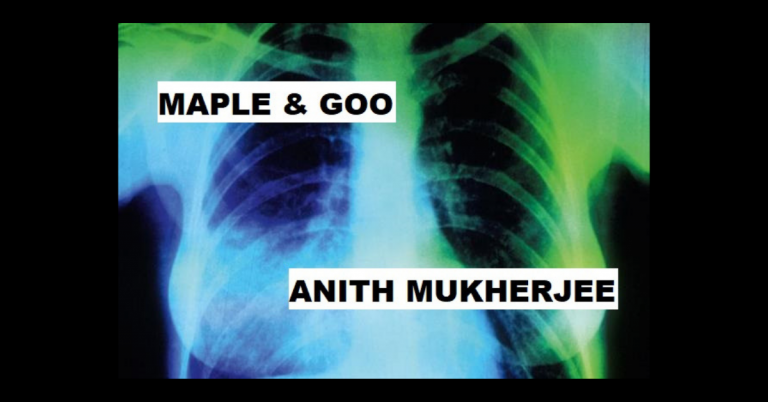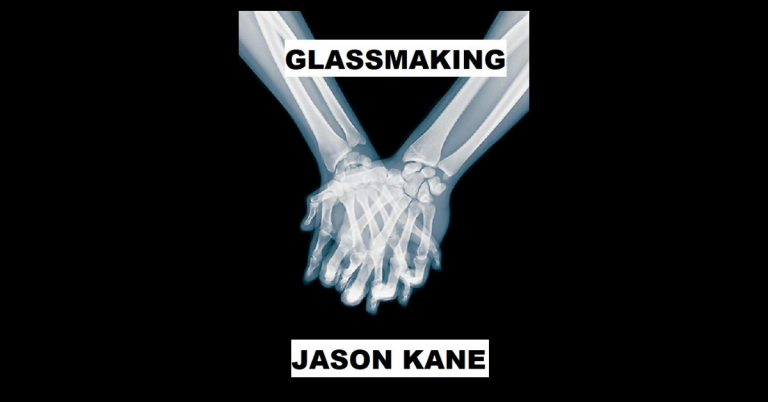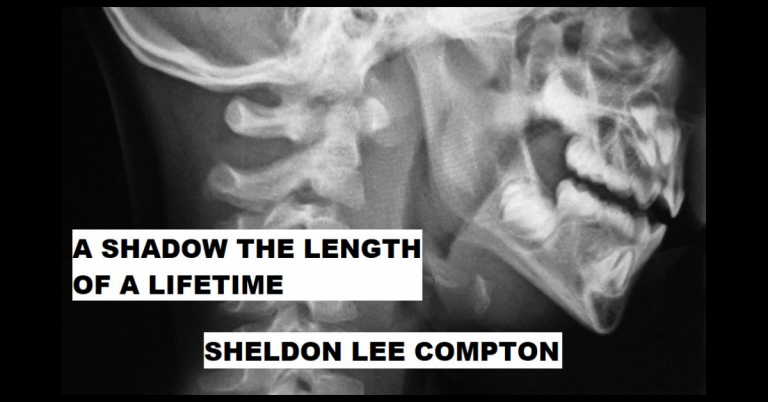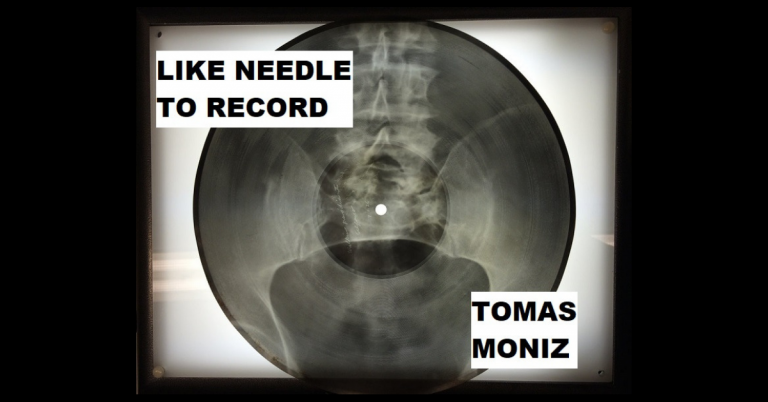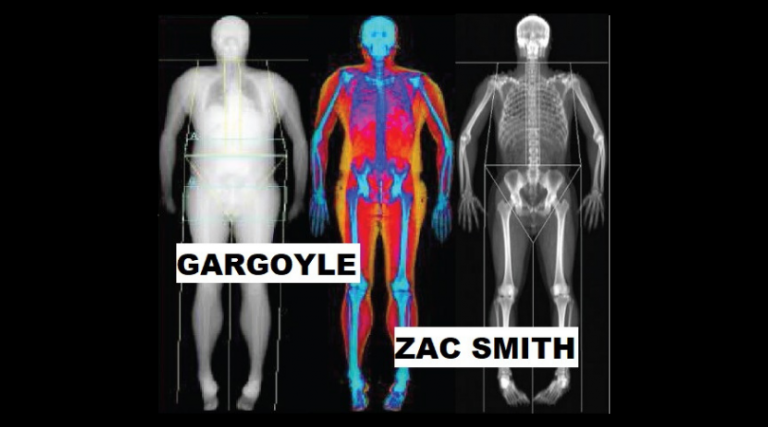
GARGOYLE by Zac Smith
I sit on the front porch to get out of the apartment, to watch the children practice soccer in the field across the street. My neighbor comes in and out with his dogs. Every time, I pet the dogs while he tries not to make eye contact. He is out of shape. Tall, but bloated. I see this. I remind him by looking at his body. When he looks at me, I look at his stomach. His gut, how it pokes out between the drapes of his flannel shirts. As I look at his gut, he looks at my gut.

